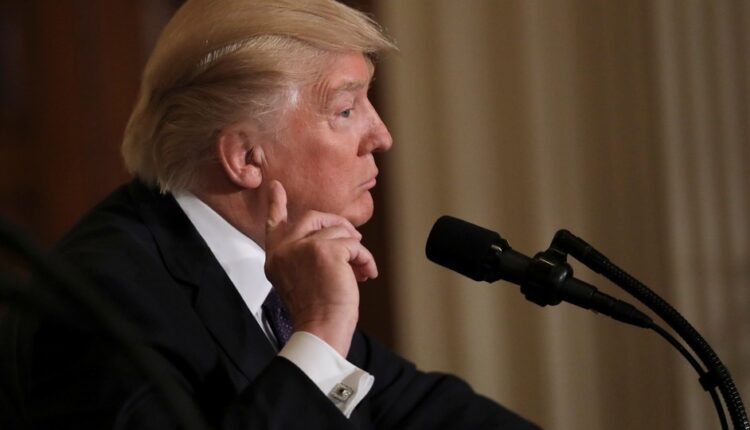
United States President Donald Trump has approved a new travel ban targeting citizens from 12 countries, barring them from entering the U.S. under any travel category. The directive, part of Trump’s broader immigration policy in his second term, takes effect from 12:01 AM on June 9, 2025 (5:01 AM Nigerian time).
Trump has put full travel ban on 12 Nations The countries affected by the complete entry restriction include:

Afghanistan
Myanmar
Chad
Congo
Equatorial Guinea
Eritrea
Haiti
Iran
Libya
Somalia
Sudan
Yemen
Citizens from these nations will no longer be allowed entry into the United States, regardless of the visa category they apply for—whether for tourism, study, work, or immigration.
He went further to slam partial restrictionfoon 7 other countries in addition, the policy imposes partial restrictions on citizens from the following countries:
Burundi
Cuba
Laos
Sierra
Leone
Togo
Turkmenistan
Venezuela
Travelers from these nations will face stricter vetting procedures, limited visa approvals, and increased background checks. Trump Cites National Security Concerns Explaining the move,
President Trump stated that the decision aims to prevent individuals who may pose a threat to U.S. national security. He pointed out several key concerns: Some of the blacklisted nations harbor active terrorist groups. Others lack reliable systems for recording citizen data or sharing information crucial for verifying identities and criminal history.
High rates of visa overstays among nationals from these countries further influenced the decision. The travel ban builds upon a security directive Trump signed on January 20, instructing U.S. cabinet members to assess which countries fail to meet stringent screening and vetting standards.
However, this is ot the first ban from Trump This is not Trump’s first use of such a sweeping immigration policy. During his first term as president, he issued a travel ban on citizens from seven predominantly Muslim nations—a move that led to widespread protests and legal challenges. The ban was eventually upheld by the U.S. Supreme Court in 2018.
The policy was reversed by President Joe Biden in 2021, who criticized it as discriminatory and restored access for the affected countries. Now, with this latest ban, Trump appears determined to reintroduce strict immigration controls as a hallmark of his presidency.
~Opera


